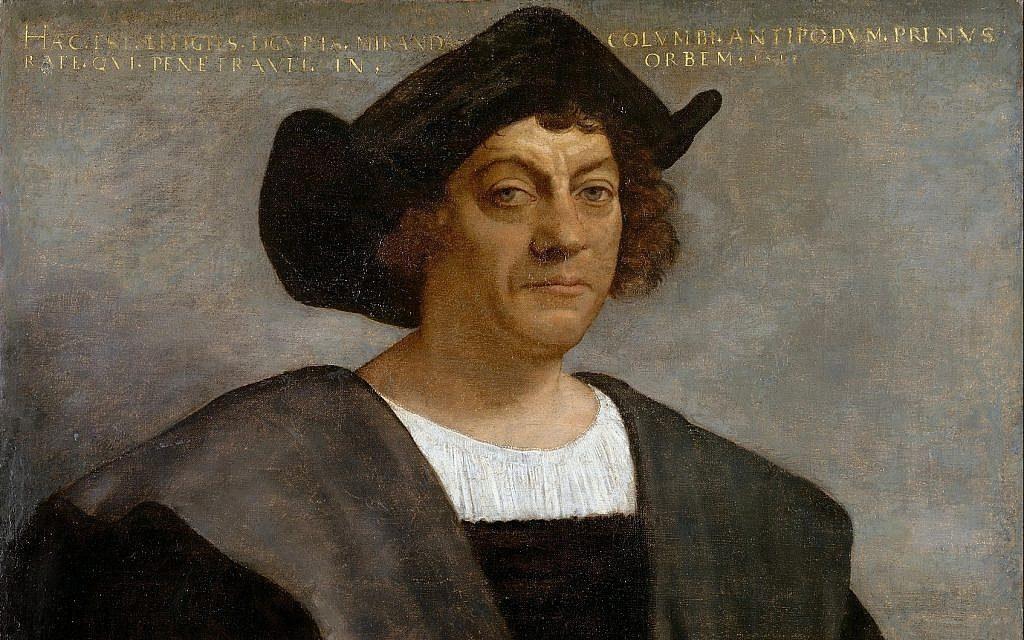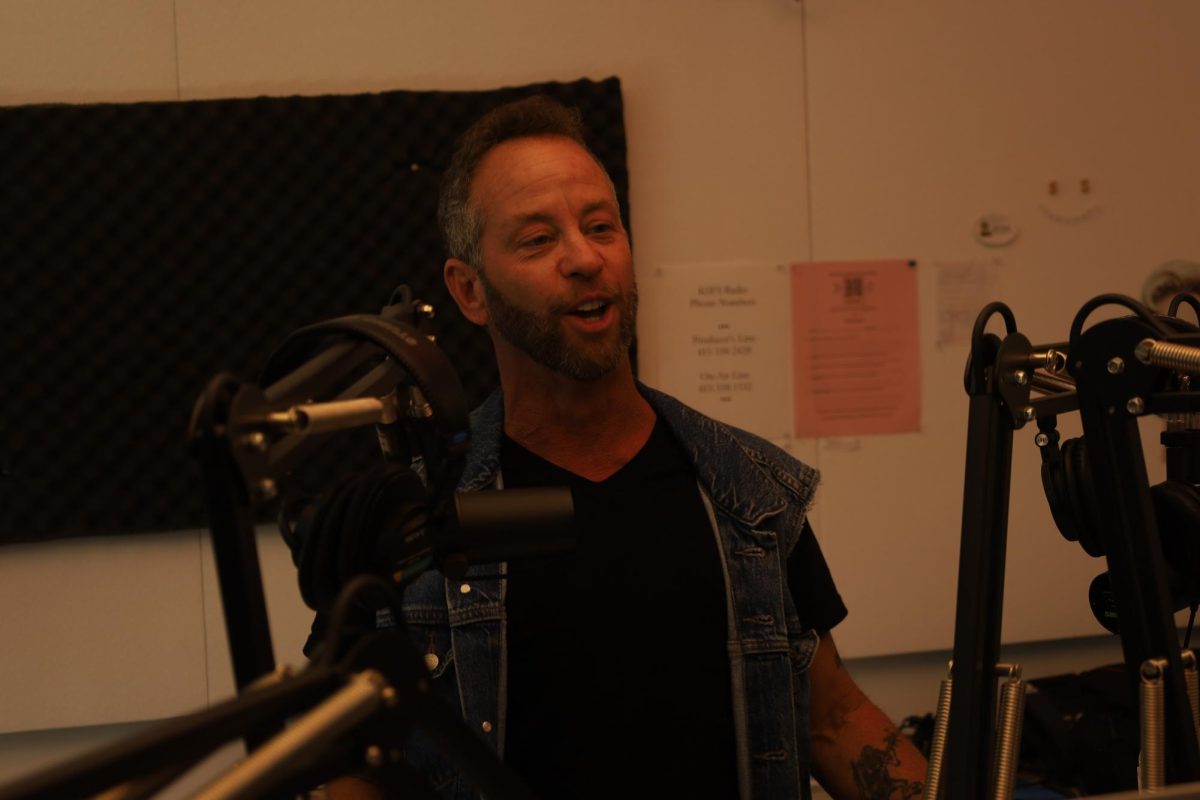While many universities across the nation closed their campuses to honor Christopher Columbus, SF State students, faculty and administrators didn’t take a day off to celebrate a slave trader.
“It seems like a no-brainer,” said Larry Salomon, race and resistance professor at SF State. “Why celebrate someone who introduced genocide into the Western Hemisphere?”
Columbus Day was created in 1937 by Franklin Delano Roosevelt to celebrate Italian-Americans’ contribution to U.S. culture, and to mark the assimilation of Italians into US culture after decades of discrimination, Solomon said.
“It comes from the ethnic pride tradition we have in this country,” Salomon said. “I don’t know how many people are hanging onto Columbus anymore, and If they are, I don’t know if they know their history.”
The atrocities committed by Columbus onto the native people outweigh the cultural ties the holiday has for Italian-Americans. This scene from the Sopranos episode, “Christopher” shows the conflict some Italians encountered growing up.
Excerpts from Columbus’ diary shows he landed in the Americas with the intent to enslave, exploit and kill the indigenous population to meet the demands of the Spanish government.
“Columbus Day has historically been a day off work and school,” Solomon said. “But after 1992 it became a day to think differently about history.”
Berkeley was the first city to pass a resolution honoring Indigenous Peoples’ Day in 1992 to protest European expansionism, and various other cities in the Bay Area followed suit, most recently San Francisco.
Associate Vice President of Marketing and Strategic Communications Mary Kenny said while Indigenous Peoples’ Day is not officially recognized by SF State, many departments and student groups celebrate the day with events and celebrations on campus.
Kenny said SF State has not suffered any backlash for not celebrating Columbus Day.
“In 2009, Gov. Arnold Schwarzenegger stripped Columbus Day from the state’s paid holiday calendar,” she said. “So this is not a paid holiday for state workers.”





